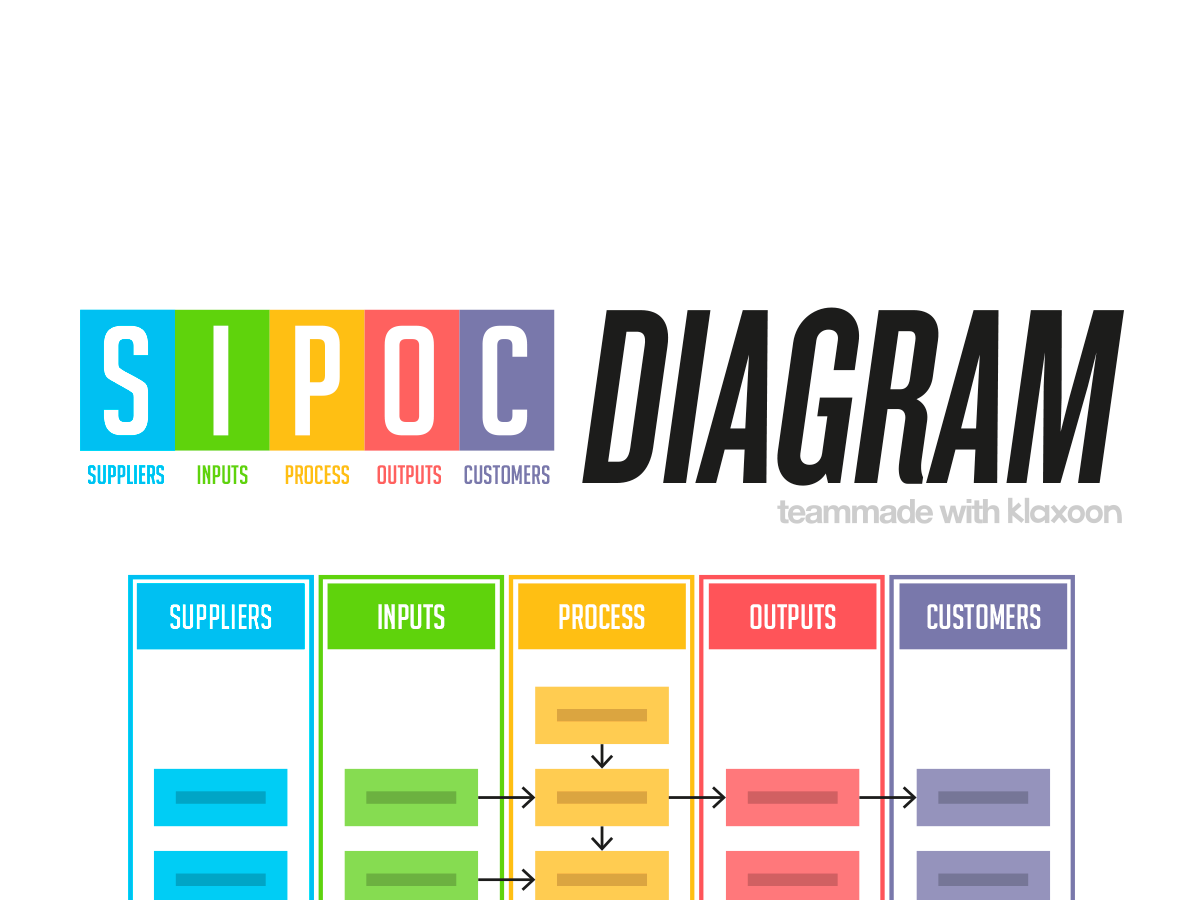
Orlando is home to many of the top logistics companies. These companies provide services both for small businesses and larger corporations. If you're looking to start a new career in this sector, there are a variety of jobs available, from entry-level positions to management roles that pay over $100,000 a year.
Various logistics jobs are offered in Orlando. They include shipping clerks as well as truck drivers and warehouse associates. These jobs offer a wide range of opportunities to gain hands-on knowledge in different areas.
Orlando's $1.5 billion logistics industry is focused on moving goods. Orlando is known for being centrally located, which has led to it becoming home to many major shipping hubs.
These hubs make it easy for companies in Orlando to reach a wide range of customers. They make it possible for companies from around the world and in different parts of the United States to move cargo.

If you want to work in logistics, there are a few things you'll need to know about the field. You'll first need to learn how to handle a large amount of cargo. Negotiating contracts and making sure the right supplies reach the right people at the right moment are all part of this.
It is important to know the security and safety of the cargo that you transport. Many of the leading logistics companies in Orlando offer cargo security measures and certifications, as well as advanced technology for tracking shipments.
If you are considering a company for your logistics, make sure to check their reputation and customer service. This can be done by reading reviews and feedback left by other customers, and talking to the company's representatives.
Best logistics companies in Orlando have a good reputation for providing quality services and reliability. They should provide their customers with accurate and reliable information and offer shipping and delivery services that are competitively priced.
Some of the best logistics companies in Orlando are Worldwide Express, Roadrunner Transportation Systems and AIT. These companies all specialize in helping small to medium-sized businesses ship smarter.

These logistics companies provide many services including supply chain management (SCM), inventory management (IMM), freight forwarding and much more. They also provide a 24-hour service to ensure that all your needs are met, even after your working hours.
Orlando shipping services should be able do any job that you ask of them, from local warehousing to international transportation. It is important that they have the proper equipment and staff in order to be able to handle any size move.
Orlando's population is large, and it has a strong labor pool. Also, it has access to a variety of transportation options including air, water, and rail. This makes it a good location for logistics companies that want to be located in the middle of the most popular destinations.
FAQ
What is the best way to learn about manufacturing?
You can learn the most about manufacturing by getting involved in it. If that is not possible, you could always read books or view educational videos.
What is the responsibility for a logistics manager
Logistics managers are responsible for ensuring that all goods arrive in perfect condition and on time. This is achieved by using their knowledge and experience with the products of the company. He/she should ensure that sufficient stock is available in order to meet customer demand.
Is automation important for manufacturing?
Automation is essential for both manufacturers and service providers. It allows them provide faster and more efficient services. It reduces human errors and improves productivity, which in turn helps them lower their costs.
Statistics
- [54][55] These are the top 50 countries by the total value of manufacturing output in US dollars for its noted year according to World Bank.[56] (en.wikipedia.org)
- It's estimated that 10.8% of the U.S. GDP in 2020 was contributed to manufacturing. (investopedia.com)
- According to a Statista study, U.S. businesses spent $1.63 trillion on logistics in 2019, moving goods from origin to end user through various supply chain network segments. (netsuite.com)
- Job #1 is delivering the ordered product according to specifications: color, size, brand, and quantity. (netsuite.com)
- (2:04) MTO is a production technique wherein products are customized according to customer specifications, and production only starts after an order is received. (oracle.com)
External Links
How To
How to Use lean manufacturing in the Production of Goods
Lean manufacturing is a management system that aims at increasing efficiency and reducing waste. It was developed in Japan between 1970 and 1980 by Taiichi Ohno. TPS founder Kanji Tyoda gave him the Toyota Production System, or TPS award. Michael L. Watkins published the "The Machine That Changed the World", the first book about lean manufacturing. It was published in 1990.
Lean manufacturing can be described as a set or principles that are used to improve quality, speed and cost of products or services. It is about eliminating defects and waste from all stages of the value stream. Just-in-time (JIT), zero defect (TPM), and 5S are all examples of lean manufacturing. Lean manufacturing focuses on eliminating non-value-added activities such as rework, inspection, and waiting.
In addition to improving product quality and reducing costs, lean manufacturing helps companies achieve their goals faster and reduces employee turnover. Lean manufacturing can be used to manage all aspects of the value chain. Customers, suppliers, distributors, retailers and employees are all included. Lean manufacturing is widely used in many industries. Toyota's philosophy, for example, is what has enabled it to be successful in electronics, automobiles, medical devices, healthcare and chemical engineering as well as paper and food.
Five basic principles of Lean Manufacturing are included in lean manufacturing
-
Define Value: Identify the social value of your business and what sets you apart.
-
Reduce Waste - Eliminate any activity that doesn't add value along the supply chain.
-
Create Flow - Ensure work moves smoothly through the process without interruption.
-
Standardize and simplify - Make your processes as consistent as possible.
-
Build relationships - Develop and maintain personal relationships with both your internal and external stakeholders.
Although lean manufacturing has always been around, it is gaining popularity in recent years because of a renewed interest for the economy after 2008's global financial crisis. Many businesses are now using lean manufacturing to improve their competitiveness. In fact, some economists believe that lean manufacturing will be an important factor in economic recovery.
Lean manufacturing has many benefits in the automotive sector. These include higher customer satisfaction, lower inventory levels, lower operating expenses, greater productivity, and improved overall safety.
Lean manufacturing can be applied to almost every aspect of an organization. Because it makes sure that all value chains are efficient and effectively managed, Lean Manufacturing is particularly helpful for organizations.
There are three main types in lean manufacturing
-
Just-in Time Manufacturing (JIT), also known as "pull system": This form of lean manufacturing is often referred to simply as "pull". JIT is a method in which components are assembled right at the moment of use, rather than being manufactured ahead of time. This method reduces lead times, increases availability, and decreases inventory.
-
Zero Defects Manufacturing: ZDM ensures that no defective units leave the manufacturing plant. Repairing a part that is damaged during assembly should be done, not scrapping. This applies to finished goods that may require minor repairs before shipment.
-
Continuous Improvement (CI),: Continuous improvement aims improve the efficiency and effectiveness of operations by continuously identifying issues and making changes to reduce waste. Continuous Improvement (CI) involves continuous improvement in processes, people, tools, and infrastructure.